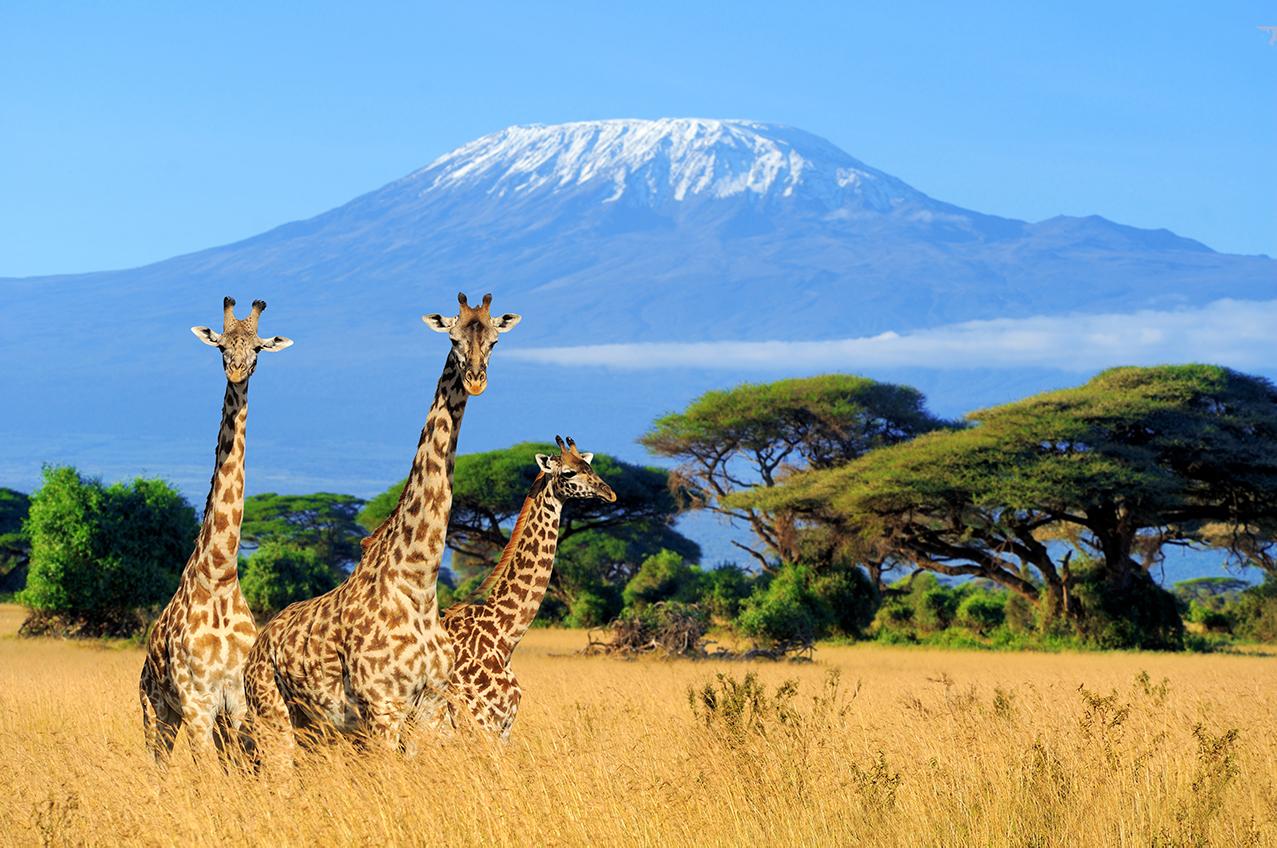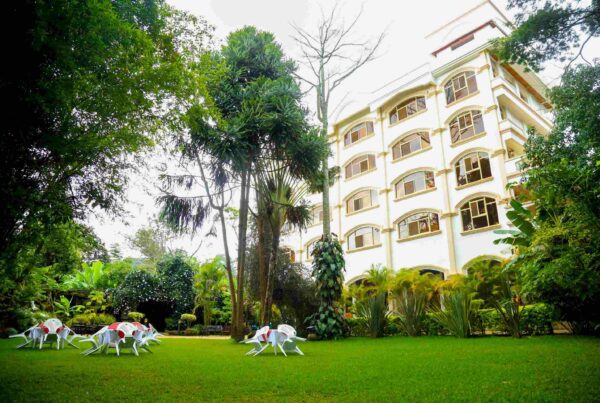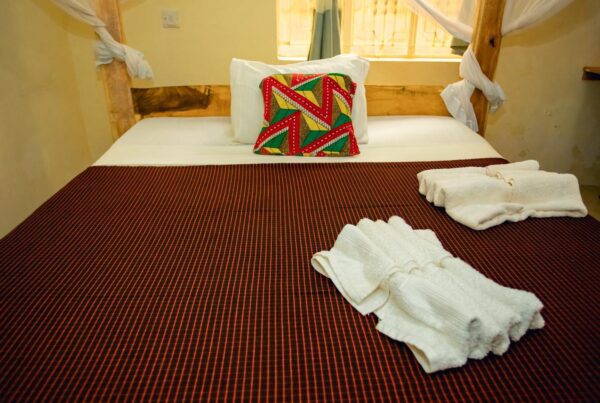7 Pieces of Advice from Travel Pros for an Exciting Safari in Tanzania.
A Tanzania safari requires more than just a savings account. Doing everything correctly before you even get on the plane is crucial. Our over a decade of leading tourists to see natural wonders like the Serengeti wildebeest migration, the Ngorongoro Crater’s Big Five, and Kilimanjaro’s summit has taught us that preparation, not money, is what really matters. Here are seven pointers from our travel specialists that will make your safari in Tanzania more enjoyable.
1. Make a schedule.
It is highly advantageous to have your schedule planned out months in advance. First of all, you will be able to get the finest discounts. One other benefit: you’ll have more free time. You may skip worrying about what to do once you get there and instead start crossing items off your list. Finally, being well-prepared for the trip is possible through early planning. Because of this, you can get a vaccine and get some crucial equipment.
Also, if you plan ahead of time, you’ll have more leeway to make changes. For example, you may incorporate some exciting pursuits that you neglected to include in your original plans.
2. Make sure you bring the appropriate equipment.
Traveling is more fun when you have the proper gear. Simply put, you have the freedom to pursue your desires whenever you like. Bringing a high-quality camera and binoculars to the Serengeti, for example, would greatly enhance your encounters with the local animals. Imagine a pride of lions relaxing on a kopje or search for birds in trees.
Trekking poles and gaiters can be helpful for trekkers attempting to climb Kilimanjaro. When hiking difficult summits like Kilimanjaro or Mount Meru, these are an absolute must-have for relieving foot pressure.
3. Put on the right clothes.
Putting on appropriate attire for a certain event is crucial, as obvious as it may be. We always advise you to dress for the weather and the activities you have planned. We recommend:
• Don’t wear bright colors like red, yellow, orange, or white on a wildlife safari; they scare the animals and make you stand out. • Dark blue and black attract tsetse flies, which carry sleeping sickness. • Instead, bring neutral colors like khaki, beige, blue, or brown. Remember to dress modestly when you attend places of worship. Shoulders and knees should be covered by women. Shorts aren’t appropriate for men, and you should always dress in layers, especially in the mornings, evenings, and nighttime when temperatures drop below freezing.
Have both cash and a credit card on hand.
Tanzanians rely on cash and credit cards for the majority of their transactions. Since most parks do not take debit cards, you will likely require a credit card to pay for your purchases. If you want to prevent hassles, fill your credit card with adequate money.
Using cash could be useful at times. When you visit local towns, markets, and businesses, having cash on hand might be really helpful. Also, tipping with cash is ideal in any situation. Although very appreciated, gratuities are not required. A gratuity should only be left when the service is satisfactory in your opinion.
5. Add an additional day to account for any inconvenience.
We are aware that certain visitors may be extremely busy. If you want to enjoy your vacation, though, you should always plan ahead for unexpected situations. Your safari itinerary can get postponed if your flight is delayed. Consequently, you might have to leave your training early to make it to a crucial business meeting or anything similar.
We advise adding a day to your schedule in case of emergencies or delays. Doing so will ensure that you remain calm in the event that your flight is delayed by several hours or even a day. Incidentally, flight delays are quite unusual.
6. Obtain a policy for your trip.
When you travel to Tanzania, travel insurance will be at your side. Lost baggage, cancelled plans, medical bills, legal fees, emergency evacuation, and other vital charges should be covered by your coverage. Verify that you are familiar with your insurer’s emergency contacts.
Tourists planning a trip to Zanzibar should take heart. As an alternative to more expensive coverage, the newly mandated travel insurance may be the greatest option. Coverage includes medical expenditures, lost baggage, evacuation, and legal fees; the policy is good for 92 days and costs $44 per person.
7. Get a little fluent in Swahili.
Tanzania is a country where many different cultures coexist. Each of the more than 120 indigenous tribes has its own distinct language. Incredible as it may seem, the Swahili language serves as a unifying factor among these cultures. A little knowledge of Swahili will go a long way toward establishing friendly relations. Complex words or lengthy phrases do not necessitate memorization. Communicating with the hosts is as easy as speaking a few words. First, consider these:
Hello there!
Is that so? Tell me how you’re doing.
Greetings and thanks.
Farewell, or Kwaheri
By mastering these expressions, you’ll be able to strike up genuine conversations with natives at tourist hotspots, marketplaces, and transit centers.
Wrapping up
Planning could be difficult, but don’t worry; we’re here to assist. Make the most of your Tanzanian safari with the help of our professional trip planners. Reach out to us for a thorough explanation from a customer care representative if your queries have not been addressed yet. The opportunity to tour Tanzania would be our pleasure.








